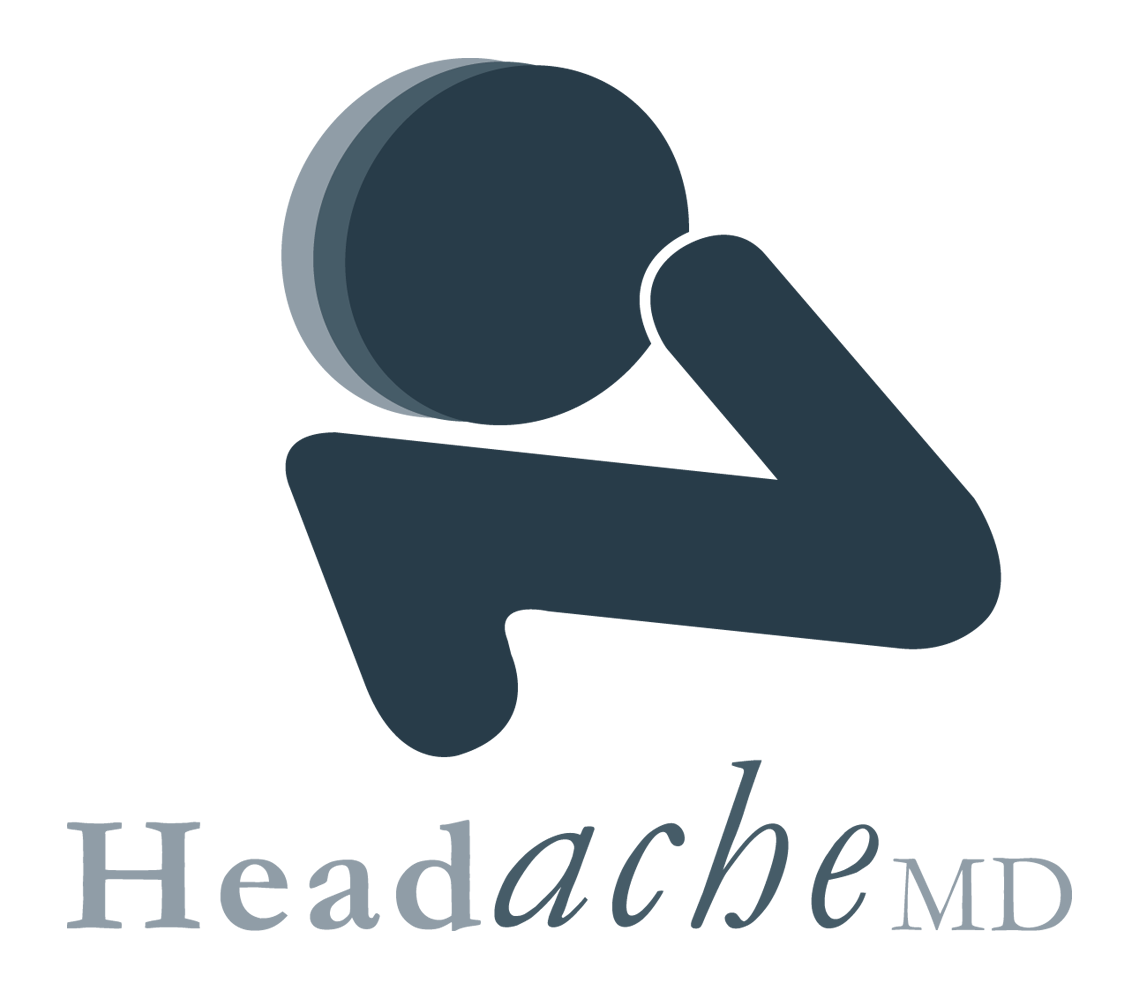Migraines are neither infectious nor contagious diseases that can be passed from one person to the next by sharing breathing space, much less by physical contact like sex. But many migraine sufferers experience feelings of shame or experience stigma from their health issue from many sources including their family, friends and co-workers, even from their healthcare providers. Fortunately, such sense of shame and of stigma can be overcome in so many ways.
Where does the shame and stigma come from? You may be ashamed because you previously thought that you can handle your migraine attacks on your own. You have probably self-diagnosed and self-medicated in an effort to handle it sans medical intervention. You may have been shamed by doctors who passed you off as a whiner, a complainer, and even a hypochondriac.
Suffer no more! Here are the ways that you can triumph over your sense of shame and stigma.
Acknowledge Your Condition
The first step toward overcoming the psychological pain associated with migraines is to acknowledge that you have it – and that you will require assistance from family, friends and doctors. Acceptance of your health issue is crucial to eventually controlling it instead of it controlling you by adopting effective palliative and preventive measures.
When you continue to deny your health issue, you will also continue to deny that indeed you must seek help. You will then be unable to enjoy the benefits of the right medications administered in the right dosages as well as the right recommendations on lifestyle and home remedies.
Seek and Accept Help
You are not alone in so many ways. First, you have fellow migraine sufferers with similar symptoms in terms of frequency, severity and duration, if it’s any consolation. You can reach out to your fellow patients not only for great emotional support but also for information, updates and news on the latest treatments as well as for recommendations about doctors, home remedies, and lifestyle changes.
The more information you have about migraine, the more likely you can feel in control of your treatment. You will not feel as hopeless and as helpless against your migraine’s onslaught because you have hope in your hands, so to speak.
Second, you can ask for the support and assistance of your family members in the effective management of your health condition. Keep in mind that you are more likely to spend more hours in the company of your family especially during migraine attacks so it makes sense to enjoy their support.
For example, if you are a parent, you can ask the kids and teenagers in the house to keep their noise down when you feel a headache coming on or when you come home with it. Their cooperation can certainly go a long way toward lessening the intensity and duration of the symptoms.
Third, migraines in particular and headaches in general are now being acknowledged as distinct illnesses. As such, you will find specialists who will not dismiss your symptoms as nothing but plain headaches caused by stress but who will work toward finding the best treatment plan to reduce the frequency, severity and duration of your migraine attacks.
The bottom line: You must seek and accept help! Doing so means taking control of your health issue instead of relinquishing control of your life to others.
By adopting the palliative and preventive measures recommended by doctors for your migraine, you are taking matters into your hands – and there is no shame in doing so! When you have taken control, you can also help fellow sufferers deal with your common condition and that is an empowering feeling, indeed.
